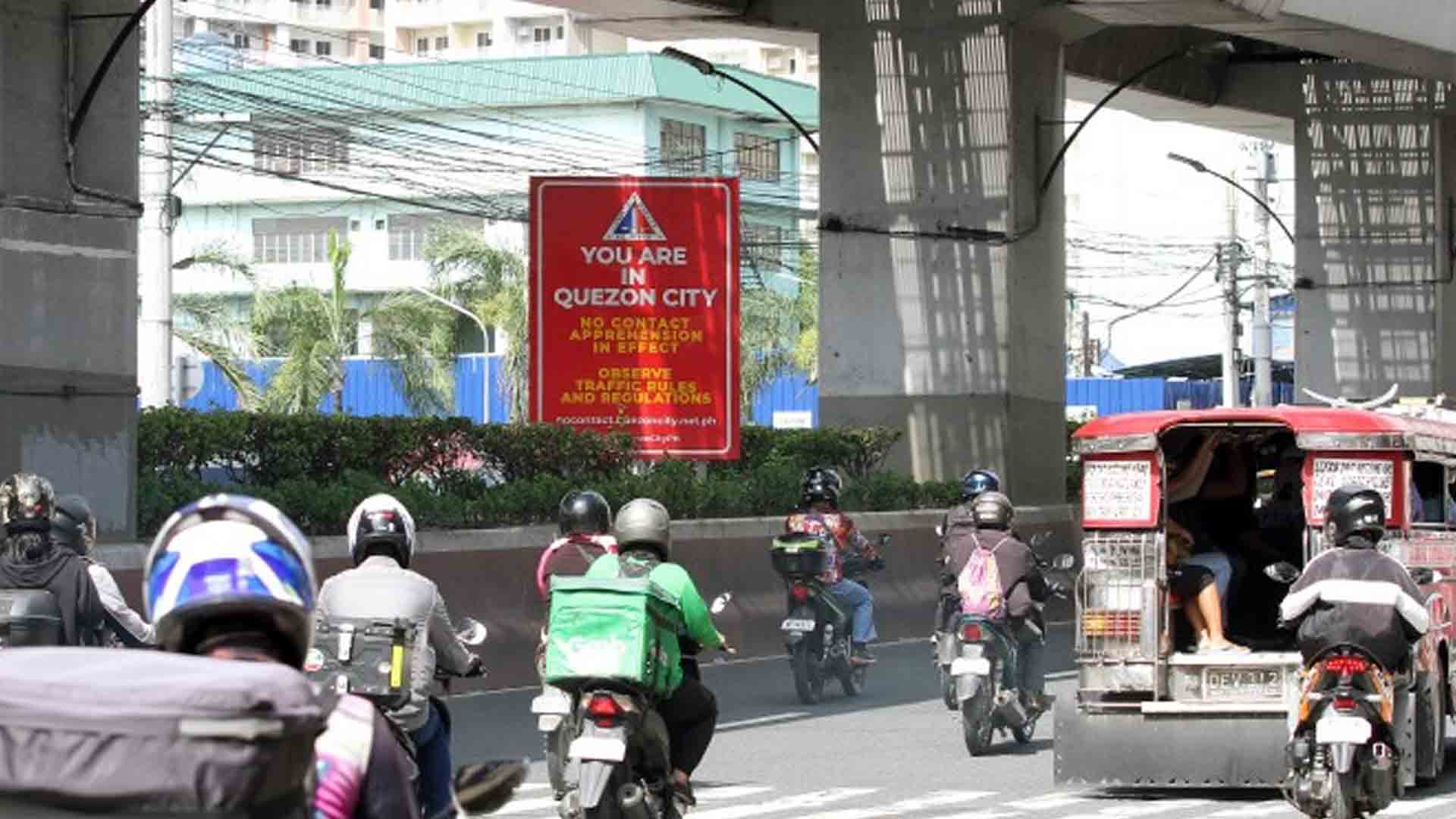The Metropolitan Manila Development Authority (MMDA) on Wednesday welcomed the call for a legislative investigation into the no-contact apprehension policy (NCAP) following complaints of “excessive fines without due process” by some motorists.
In a statement, the MMDA assured its cooperation with other branches of the government and agencies to “ensure a more efficient and orderly implementation” of the NCAP.
It said the recent call of the Land Transportation Office (LTO) to suspend the NCAP was addressed to local government units (LGU) who have autonomy in “crafting and implementing their own traffic regulations.”
“From what we heard, LTO’s call for LGUs to suspend their respective NCAP is their reaction to the call of some transport groups and operators on the issue,” it said.
In an earlier statement, LTO chief and Department of Transportation (DOTr) Assistant Secretary Teofilo Guadiz III appealed to LGUs to suspend and consider a review of their traffic policy following complaints from operators of public utility vehicles (PUVs) that they are the ones who are forced to pay the fines for violations committed by their drivers.
“Sa ilalim ng batas, ang nagbabayad ng multa ay ang registered owner ng sasakyan, on the presumption na ang rehistradong may-ari ng sasakyan ang nagmamaneho (Under the law, it is the registered owner of the vehicle who pays the fine, on the presumption that the registered owner is the driver),” Guadiz said.
However, he said the LTO is reviewing this policy to possibly allow for the actual erring driver to receive the fine.
“Tila po may kakulangan sa policy na maaaring kailangang repasuhin upang ang mismong drayber o nagmamaneho ng sasakyan ang dapat na managot sa paglabag (It seems there is a hole in the policy that needs to be revised so that the actual driver of the vehicle is held responsible for the violation),” he said.
He said the LTO only assists in the implementation of the NCAP by sending an alarm on vehicles involved in traffic violations while the LGUs and MMDA draft the guidelines.
Another related issue is when a vehicle is sold to another individual and the transfer of ownership is not yet registered with the LTO, resulting in the original owner facing fines for violations committed by the new owner.
“There are instances po na ‘yung sasakyan ay nailipat na sa ibang pangalan pero dahil hindi ito nailagda sa LTO, ang sinisingil pa po nila ay ‘yung dating may-ari ng sasakyan. We would like to revisit this (There are instances when the vehicle has changed ownership but since it has not yet been recorded at the LTO, it is the previous owner that faces fines. We would like to revisit this),” Guadiz said.
He noted that the objective of the NCAP is “noble” but should first be “fine-tuned” for more effective implementation in Metro Manila.
On Tuesday, Surigao del Norte Rep. Robert “Ace” Barbers asked the House of Representatives to investigate the NCAP by LGUs and the MMDA after his office received multiple complaints, primarily from motorcycle delivery riders, of excessive fines without due process.
While the goal of the NCAP is “laudable,” he said there is “now law, ordinance, or regulation prohibiting vehicle registration due to non-payment of fines for traffic violations.” (PNA)





















